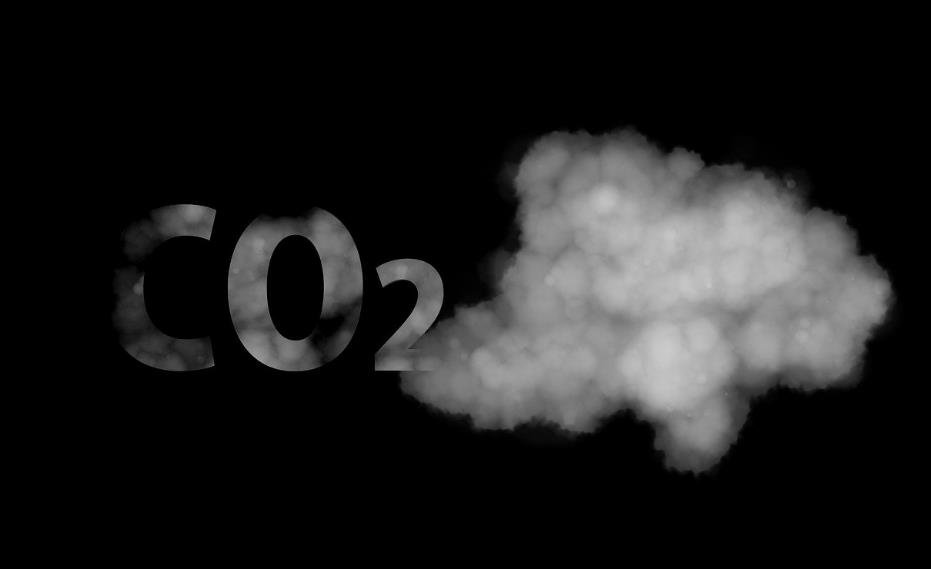Germany, Europe’s largest economy and biggest CO2 emitter, has reduced its greenhouse gas emissions to the lowest level since the 1950s, according to a new study by Agora Energiewende, an energy think tank. The study attributed the decline to a sharp drop in coal use, an increase in renewable energy production, and a slowdown in energy-intensive industries.
One of the main drivers of Germany’s emissions reduction was the significant decrease in coal-fired electricity generation, which fell to its lowest levels since the 1960s. The study estimated that the cut in coal use accounted for a reduction of 46 million tons in CO2 emissions. Germany aims to phase out coal by 2038, and Economy Minister Robert Habeck has even pushed for an earlier exit by 2030. Western German states are in agreement over the earlier date, though the eastern brown coal belt has shown resistance.

Renewable Energy Surpasses 50% of Electricity Mix
Another factor that contributed to Germany’s emissions reduction was the increase in domestic renewable energy production. Last year, electricity generation from renewable sources such as wind and solar was more than 50% of the total for the first time. This was partly due to favorable weather conditions, as well as the expansion of renewable capacity and the closure of some nuclear plants. Renewable energy is expected to play a key role in Germany’s energy transition, as the country plans to achieve 100% carbon-free electricity by 2040.
Industrial Emissions Fall Due to Economic Pressures
The third factor that impacted Germany’s emissions reduction was the decline in energy-intensive manufacturing, which was affected by the spiking gas prices and the global supply chain disruptions. Industrial emissions fell by 20 million tons, as sectors such as steel, chemicals, and cement scaled down their production. The study warned that this reduction did not reflect a “sustainable development”, as it could lead to emissions leakage and economic weakness. Germany needs to invest in modernizing its industry and reducing its carbon footprint from heating, the study said.
Germany’s Climate Targets and Challenges
Germany’s 2023 emissions were 673 million tons, down 73 million tons from 2022 and about 46% below 1990 levels. The study estimated that only 15% of the 2023 reduction could actually count as “permanent emissions savings”. Germany aims to cut its overall emissions 65% by 2030 compared with 1990 levels and 88% by 2040. To hit its climate targets, Germany faces several challenges, such as increasing the share of electric vehicles, improving energy efficiency in buildings, and ensuring a just transition for coal workers and regions.
